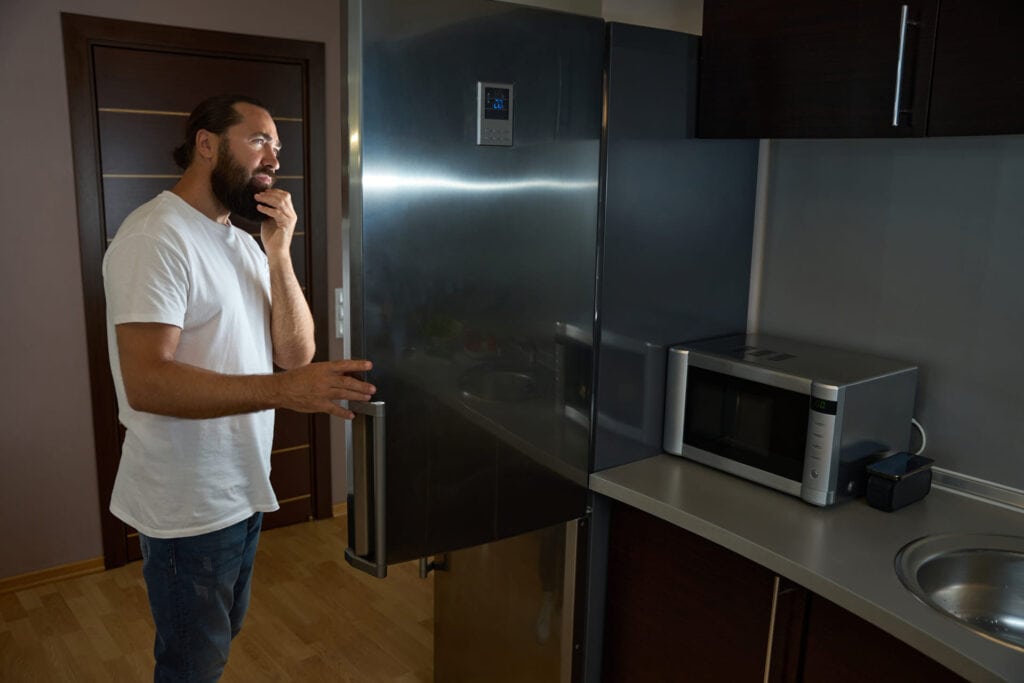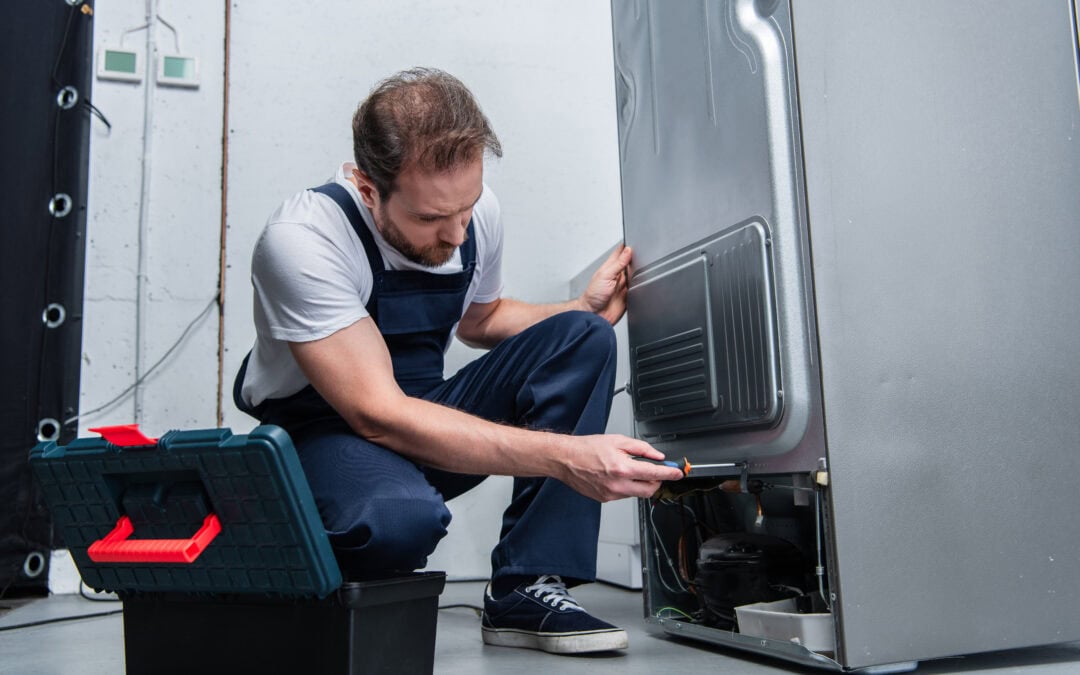Household appliances are vital to everyday convenience, from refrigerators preserving food to washing machines cleaning clothes efficiently. When these machines are cared for properly, they perform better and last longer, saving money and reducing frustration. Timely repairs play a critical role in maintaining their longevity and avoiding costly replacements. This guide discusses how addressing repairs promptly can help extend the life of your appliances and ensure they operate at peak efficiency.
Timely Appliance Repairs and Longevity
A homeowner once ignored a small issue with their dishwasher—a slight leak at the bottom corner. Months later, the leak had grown, causing water damage to the floor and requiring a full replacement of the appliance. This scenario highlights how addressing minor problems early can prevent significant issues later. Timely appliance repairs not only extend the lifespan of appliances but also prevent major inconveniences.
- Minor issues, such as loose parts or strange noises, can develop into costly repairs.
- Quick action reduces the risk of cascading mechanical failures.
- Regular servicing ensures appliances maintain peak efficiency over time.
Why Regular Appliance Maintenance Matters
Maintaining appliances regularly is essential for their proper functioning and longevity. Over time, components can wear out or accumulate dirt, leading to decreased performance or complete breakdowns. According to the U.S. Department of Energy, poorly maintained appliances consume more energy, increasing utility bills unnecessarily.
- Dirty filters or coils can cause appliances to overwork, leading to faster wear and tear.
- Proper lubrication of moving parts prevents excessive friction and heat damage.
- Regular inspections catch small problems before they worsen.
Signs Repairs Are Needed Immediately
When an appliance starts showing signs of trouble, ignoring the problem can lead to expensive consequences. Whether it’s unusual noises, poor performance, or water leaks, these issues often signal that professional repairs are needed. A study by Consumer Reports found that many appliance breakdowns could have been avoided if repairs were made promptly.
- Grinding, banging, or rattling noises indicate worn or misaligned components.
- Inefficient performance, such as a refrigerator failing to cool properly, points to internal issues.
- Leaks, electrical sparks, or burning smells signal potential safety hazards.

Scheduling Repairs at the Right Time
Knowing when to schedule appliance repairs can save both time and money. Repairing appliances before a complete breakdown ensures a smoother process and extends their usable life. Choosing a reputable appliance repair service is critical to ensuring effective solutions. Always verify the technician’s credentials and reviews to avoid unreliable fixes.
- Look for repair companies that specialize in your appliance type and brand.
- Schedule repairs during early signs of malfunction rather than waiting for total failure.
- Ask about warranties or guarantees on repair services for added peace of mind.
How Preventative Care Avoids Breakdowns
Preventative care is one of the easiest ways to reduce the need for frequent repairs. Simple practices like cleaning vents, wiping seals, and avoiding overloading can go a long way in keeping appliances running efficiently. Data from EnergyStar.gov confirms that well-maintained appliances use up to 30% less energy than neglected ones.
- Clean dryer vents regularly to prevent lint buildup and potential fire hazards.
- Check and replace seals on refrigerators and dishwashers to maintain proper function.
- Avoid overloading machines, such as washing machines, to protect their motors.
The Impact of Neglecting Repairs
Failing to address small appliance issues can lead to much larger problems. A tiny crack in a washing machine drum or a clogged drain in a dishwasher may seem trivial but could spiral into severe mechanical damage. Repairing appliances promptly ensures that minor flaws don’t result in irreparable harm or replacement needs.
- Neglect can shorten an appliance’s lifespan by years, increasing waste and costs.
- Small electrical issues can create fire hazards if left unresolved.
- Delayed repairs often lead to higher repair costs or complete replacement expenses.

Key Takeaways for Appliance Repair
- Address minor appliance issues immediately to avoid larger, costlier problems.
- Schedule regular maintenance to ensure appliances perform efficiently and safely.
- Choose qualified repair services for lasting solutions.
Frequently Asked Questions About Appliance Repair
1. How often should I schedule maintenance for my appliances?
Most appliances benefit from annual inspections. High-use items like washing machines or refrigerators may require more frequent checkups to avoid wear-related issues.
2. What is the average cost of appliance repairs?
Costs vary by appliance type and issue but typically range between $100 and $400. Investing in timely repairs often saves money compared to replacing the entire unit.
3. Can ignoring minor appliance issues really lead to bigger problems?
Yes, small issues often worsen over time. For instance, a minor dishwasher leak can cause significant water damage, while an unusual noise may indicate a failing motor.
4. Are older appliances worth repairing?
If the cost of repair is less than 50% of the appliance’s replacement value and the appliance still meets your needs, it’s usually worth repairing. Modern energy-efficient models may also offer additional savings.
5. How can I tell if a repair technician is reliable?
Look for technicians certified by manufacturers or professional organizations like the National Appliance Service Technician Certification (NASTeC). Positive online reviews and word-of-mouth recommendations are also strong indicators of reliability.

